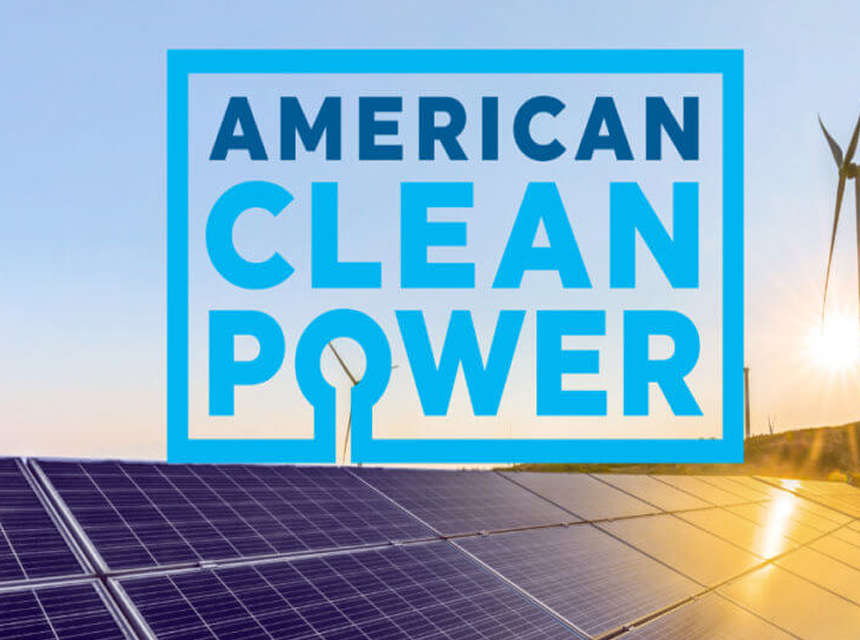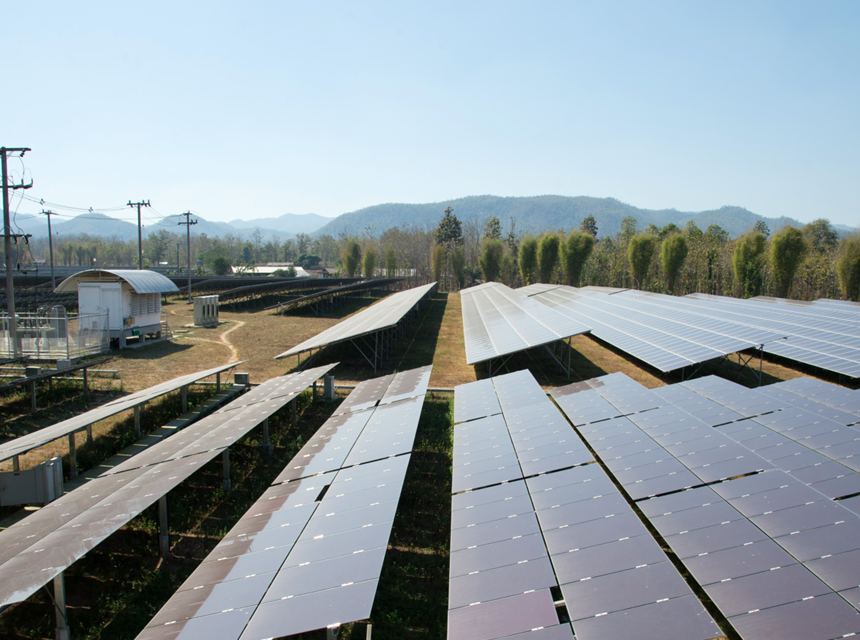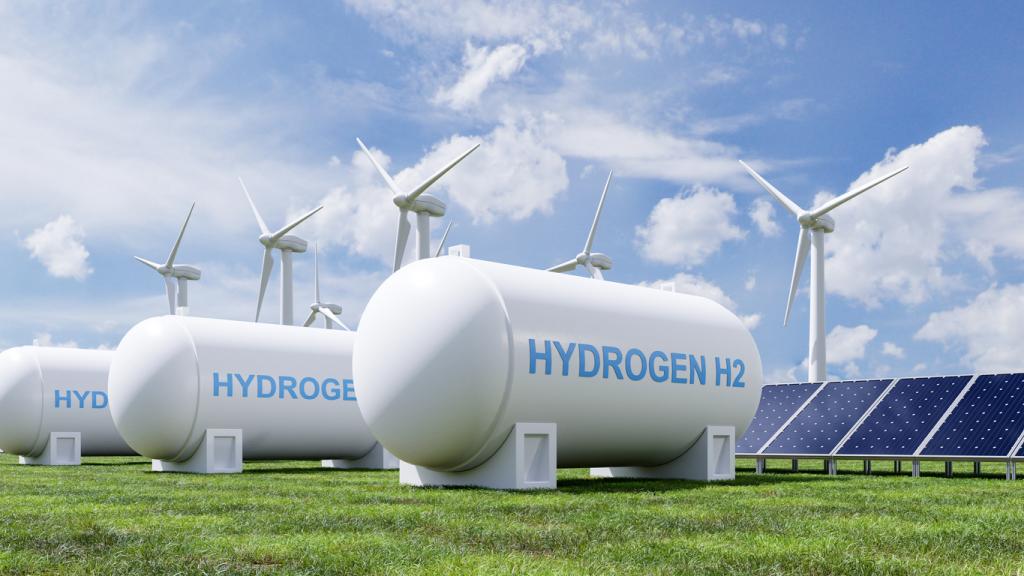
University of California, Berkeley, is set to hold its annual POWER conference on March 24th, 2023. The conference, first inaugurated in 1996, has a long-standing tradition of bringing together business professionals, scholars, and policymakers in the power industry from all over the world to exchange ideas. It also provides a platform to discuss the results of research on energy markets and regulation. If you’d like to participate or attend, here’s what you need to know.
Like most other Berkeley POWER conferences hosted by the University of California’s HAAS School of Business, the event will be held at the Spieker Forum. It’s at 2220 Piedmont Avenue, Berkeley, CA 94720, on the 6th floor of Chou Hall.
If previous programs are anything to go by, the conference should start at 8:00 am and end at 6:30 pm with four sessions in between. There’ll be a few speakers and multiple breaks, with the speakers sharing their research on the energy markets and regulation.
You can participate as one of the speakers by submitting research papers for the conference. While speeches, abstracts, and power point presentations will be rejected right away, you can submit draft papers that you’re still working on to ei-haas@berkeley.edu.
For the 2023 event, some of the preferable topics to research and offer to speak about include:
While these and a few others will give you the highest chances of getting integrated into the program, other papers might work depending on the value they add to the conference. However, given the current energy dynamics, it’s easy to see why they’re among the recommendations.
Take EV markets and policies, for instance. EVs have affected the energy grid so much that, in recent times, California EV owners were asked not to charge their cars during peak hours.
Examples of presentations in the 2022 event include:
As for the 2021 conference, it was held virtually due to the pandemic. Some of the presentations that made it into the event were:
Given the event is slotted for March, those still working on their drafts should submit them by January 6th, 2023. You will then get a notification of acceptance by early February. Final papers need to be submitted by March 3rd.
If you’re not a presenter, attendees are typically placed into three categories. Government employees, academics, and non-profit organization representatives are in the same categories. Alternatively, you could attend as a Berkeley student or general attendee.
Typically students get the lowest admission rates while general attendees get the highest. Government and non-profit organization reps, as well as academics, get the same middling rates. Also, registration fees may vary depending on when you register.





